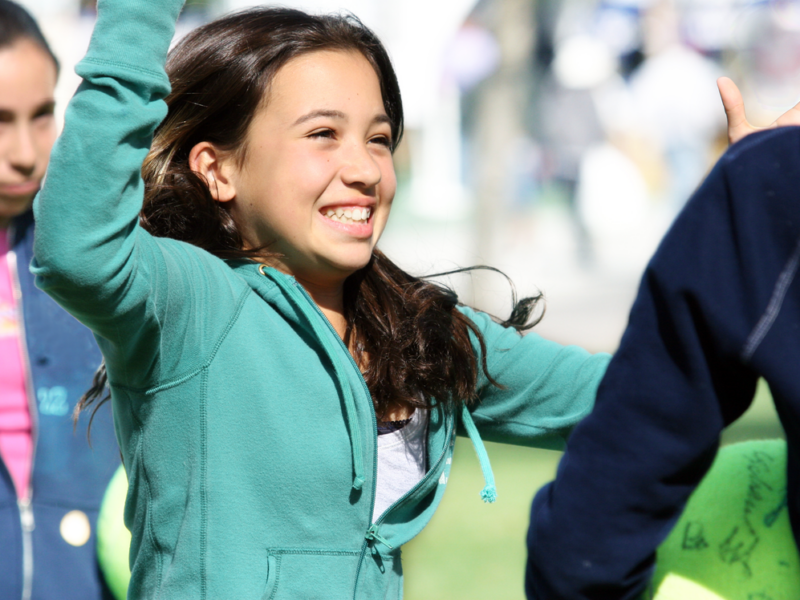Should Melatonin Be Used To Treat Childhood Insomnia?
Should Melatonin Be Used To Treat Childhood Insomnia? https://pediatricsnationwide.org/wp-content/themes/corpus/images/empty/thumbnail.jpg 150 150 Mark Splaingard, MD Mark Splaingard, MD https://secure.gravatar.com/avatar/87d3e408e3a56a3b6a1f95cddac4323f?s=96&d=mm&r=g- November 29, 2016
- Mark Splaingard, MD
Mark L. Splaingard, MD, director of the Sleep Disorders Center at Nationwide Children’s Hospital, answers a question often asked by primary care providers.
With some reports that insomnia symptoms are experienced by 20 percent or more of children, health care providers (and parents) often want to know if melatonin is appropriate to use in the pediatric population. I have a simple answer, and a more complicated one.
Simple: Melatonin in small doses is probably safe for children older than 3 years of age to use for a few months. Behavioral therapies and proper sleep hygiene, however, work well for most healthy children and should be tried first.
Complicated: Melatonin use for the treatment of insomnia in healthy children is hotly debated, because there are no long-term studies on its safety and efficacy. The exogenous hormone is considered a dietary supplement, meaning the U.S. Food and Drug Administration does not regulate its safety, purity or efficacy. But trials of up to two months have shown melatonin to improve sleep onset in all age groups.
Melatonin has been most extensively studied in children with blindness, attention-deficit/hyperactivity disorder and autism – populations that have a greater prevalence of insomnia symptoms than healthy children. Some studies report longer use in developmentally disabled children with no significant side effects.
There are a few concerns about melatonin to note, though:
- Immune Function. Melatonin enhances immune function and may be contraindicated in children receiving immunosuppressive agents. The National Sleep Foundation has warned against the use of melatonin in any patient with immune disorders, lymphoproliferative disorders, those receiving corticosteroids or other immunosuppressants given its ability to enhance immune function.
- Sexual Development. Some isolated case reports associate melatonin use with precocious or delayed puberty, though a pediatric case series from Europe demonstrated no unexpected pubertal changes in children who used melatonin for up to three years. Hyperprolactinemia and decreased testosterone levels have been seen in some adults.
- Vasoconstriction. Animal studies have shown that melatonin can produce arterial vasoconstriction. With this limited evidence, it may make sense to avoid use of melatonin in children with sickle cell disease or hypertension.
Given these concerns, I reiterate part of my simple answer – behavioral techniques and good sleep hygiene should be the first-line treatments. A titrated trial of melatonin may be warranted if those fail, but like much else in the literature, dosage recommendations are lacking. My own practice is to:
- Start with a dose of 1 mg at least one hour before bedtime
- If needed, increase dose 1-2 mg per week, to a maximum of 3 mg for children younger than 10 years of age and 5 mg in older children and adolescents
- Continue the effective dose for at least four weeks
- Decrease the dose every few months in an effort at weaning
We are in need of long-term studies on the effects of melatonin on children. Until then, we can consider using it cautiously, when other measures have fallen short.
References:
- Smits MG, Nagtegaal EE, van der Heijden J, Coenen AM, Kerkhof GA. Melatonin for chronic sleep onset insomnia in children: a randomized placebo-controlled trial. Journal of Child Neurology. 2001; 16(2):86-92.
- van Maanen A, Meijer AM, Smits MG, Oort FJ. Termination of short-term melatonin treatment in children with delayed dim light melatonin onset: effect on sleep, health, behavior problems, and parenting stress. Sleep Medicine 12(2011), 875-879.
About the author
Mark Splaingard, MD, is the director of the Sleep Disorders Program at Nationwide Children's Hospital and is board certified in pediatrics, pediatric pulmonology, physical medicine and rehabilitation, and sleep medicine. Dr. Splaingard's research has concentrated on the outcomes of children with chronic pulmonary disease and acquired neurological disorders with a recent focus on sleep disorders in children.
- Post Tags:
- General Pediatrics
- Sleep Disorders Center
- Posted In:
- In Brief





